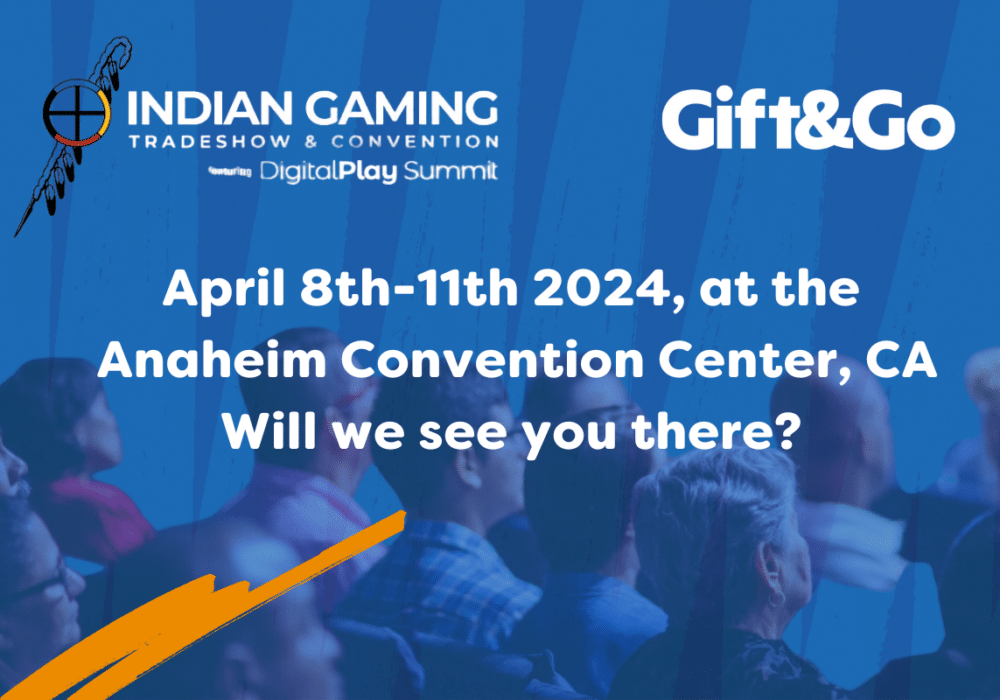Choice is a powerful motivator. We make choices every minute of every day. Most of those choices are intuitive and unconscious, but we still make them.
Then there’s those bigger conscious choices we’re aware of. When to get out of bed, what to wear, what to eat…. where to shop and what to buy.
Choice drives us as individuals and it drives your organisation too. If you want more prospects to buy from you, or more customers to remain loyal to your brand, you need to encourage them to make the right choice.
Why choice matters
According to a Hubspot article on The Psychology of Choice, choice is ‘the purest expression of free will’.
We equate choice with freedom, and it’s in our nature to value individual freedom, individual choice. It gives us a feeling of power, a feeling of control in our often unpredictable lives.
A lack of choice implies we can’t make a decision ourselves and that we’re being told what to do, which goes against the natural instincts we’ve developed.
The choices we make define us. If we’re not given that choice, we don’t value the outcome as much. It’s been prescribed to us, we didn’t take part in the decision or influence the result. It’s not something we controlled, so it feels less important.
But if we have a choice to make – like choosing an incentive or picking one brand over another – we’re more likely to value that choice we make, and stand by it.
How your business can benefit from the power of choice.
The study of how decisions get made is often known as Choice Theory – a term coined by William Glasser in his book of the same name. Glasser argued that every choice we make is for one of five reasons:
- Survival
- Love and belonging
- Power
- Freedom
- Fun
When it comes to incentive marketing, your customers are making their choices for fun, deciding on a gift or a reward they can really enjoy.
And your customers like to make that choice. Because choice can often become addictive.
We like to have a whole world of options open to us. We like to make different choices, because we want to try every option available.
It’s why pick ‘n’ mix stands remain so popular. They keep us coming back to choose more, to buy more.
And it’s why video games will often have stores to select upgrades, skins and new items, rather than just automatically giving them to the player when they reach a certain target.
That idea of choice – of making a decision to benefit their character – keeps players playing. It keeps them coming back for more.
You can use that to your advantage in your incentive marketing.
By giving your customers a choice of incentives to claim, rewards to redeem, straight away you’re persuading prospects that it is (or was) the right decision to pick your brand, your organisation.
Because you gave them more freedom.
And when your customers see the choice of incentives and rewards they have, they’ll want to make multiple choices. They’ll want to keep earning loyalty points so they can return to make another choice.
Giving your customers that power to choose will help your incentive marketing campaigns thrive.
But be wary of the choice paradox
Although there are plenty of examples where we demonstrate our addiction to, and preference for, more choice, it’s actually an illusion. We just think we prefer more choice.
We like the idea of lots of choice… in theory. But in reality, we want our choices to be limited. There is such a thing as too much choice.
In his book ‘The Paradox of Choice’, Barry Schwartz coined the term choice overload.
Our brains only have limited processing power, and when faced with too many choices, they almost shut down. Paralysed by analysis, we don’t know what choice to make.
When faced with two choices, there’s a 50% chance we’ll make the right decision. But when faced with 50 choices, we tend to think there’s only a 10% chance we’ll pick correctly.
We’re scared of missing out, or of making the wrong decision, so we decide not to choose.
Psychologist Professor Sheena Iyengar identified this phenomenon by conducting a supermarket study of shoppers buying jam. Those who were given six jams to choose from were ten times more likely to buy than those given 24 different types of jam.
The trick is balancing choice addiction and choice overload in your incentive marketing
Your customers demand choice, and giving them incentives to choose from will certainly sway their decision to pick your brand over a competitor.
But you also need to avoid overloading customers with choice.
You’ll need to either limit the reward choices you offer, or make their choices easier. Do that by:
- Allowing users to narrow down their choices by filtering to suit their preferences
- Categorising your reward options, so the illusion of choice is big, but then the individual choice in each category is limited.
- Highlighting and recommending top incentives, to help customers make decisions based on what others choose
- Deploying best practice UX that mimics the biggest e-commerce platforms – like Amazon – to make browsing rewards simple and intuitive
- Setting deadlines so your customers know they have to make a choice sooner rather than later.
Gifting software like Gift & Go can help you deploy all these strategies so you don’t create a choice overload in your incentive marketing.
And it can make sure that you give all your prospects and customers the full power to choose their own gifts, rewards and incentives.
See how Gift & Go works for yourself:
Apply for a free trial or book a demo and claim your free gift.




